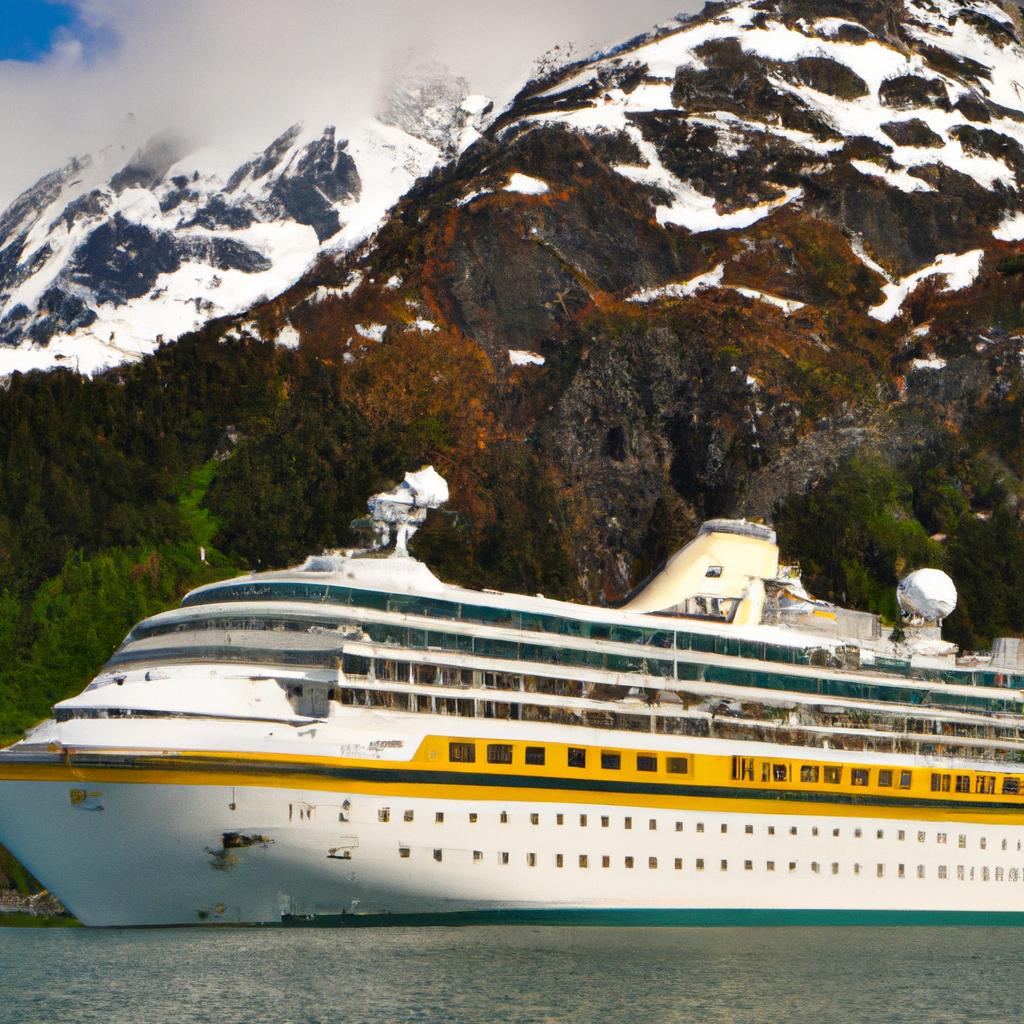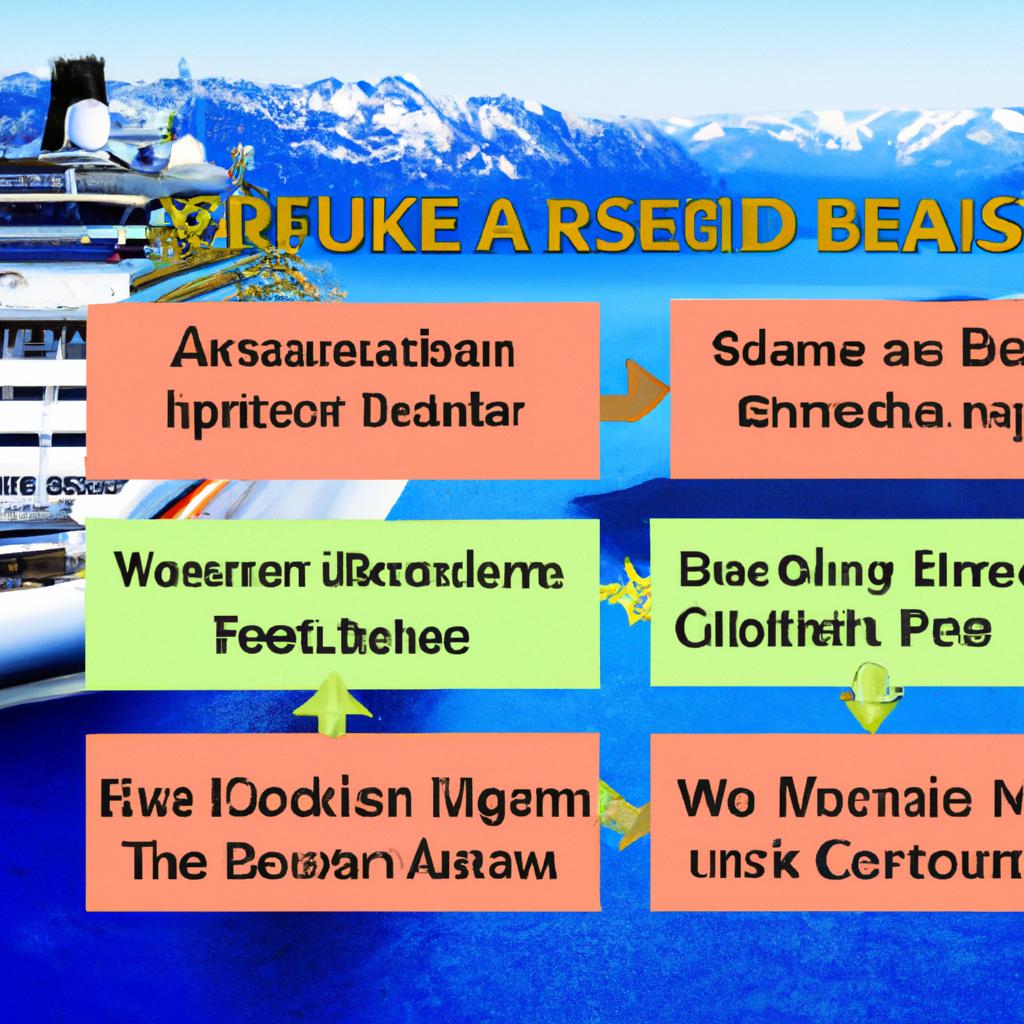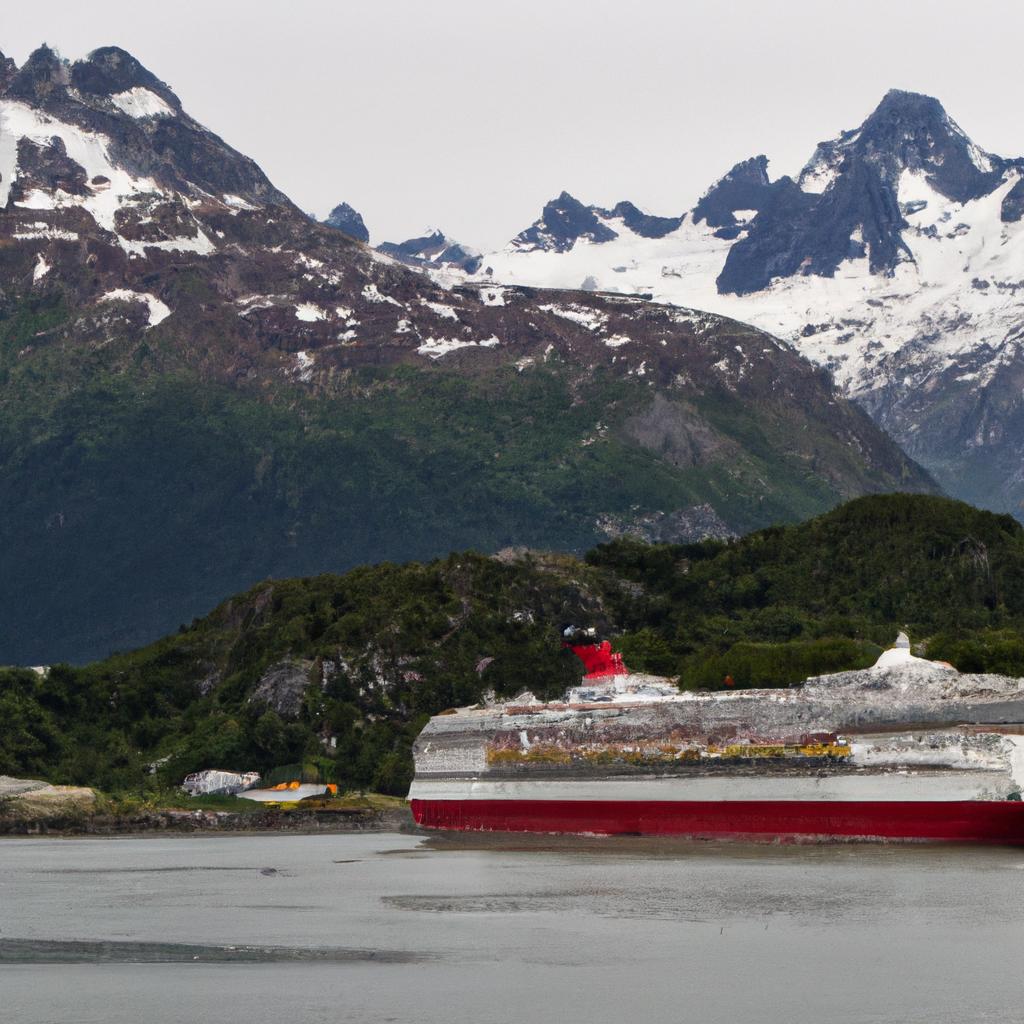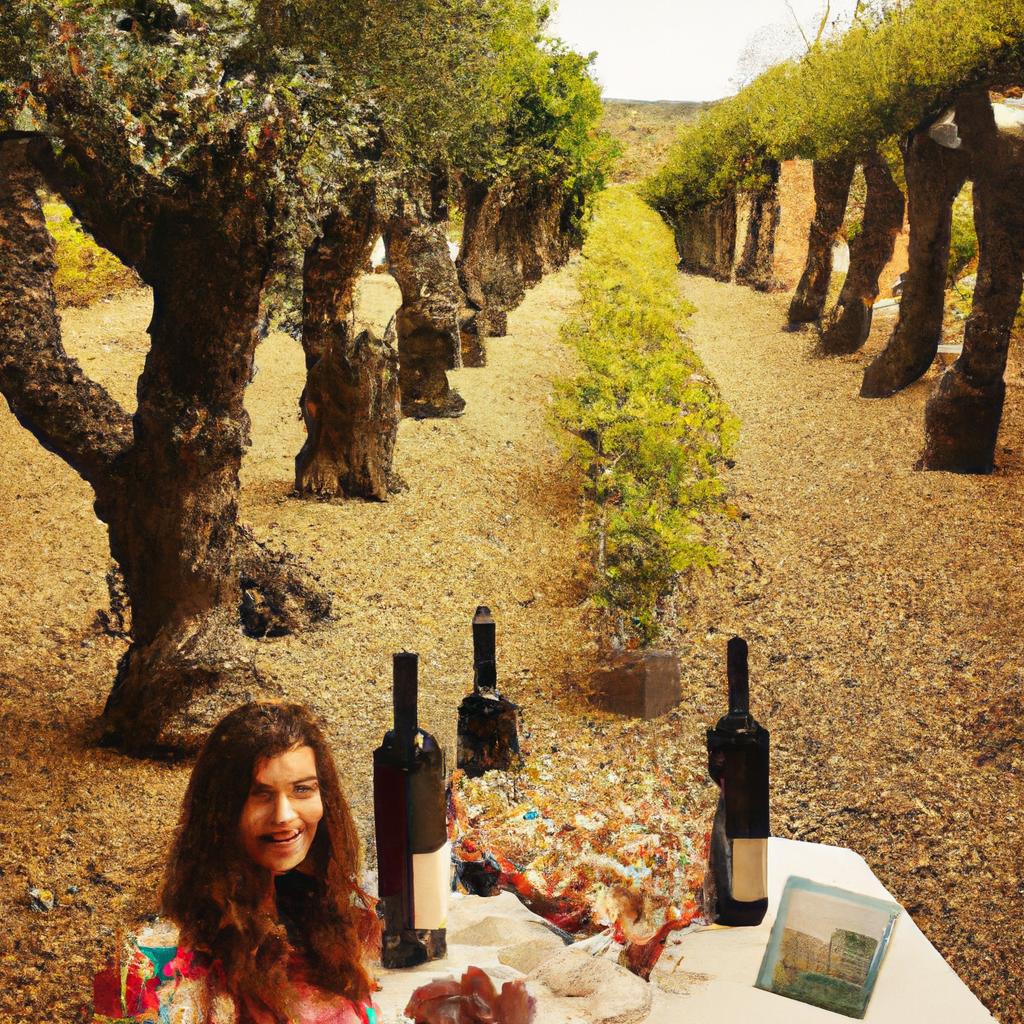Alaska’s majestic landscapes and serene wilderness have long drawn visitors from around the world, but for residents living in popular port cities, the influx of cruise ship passengers has become overwhelming. Fed up with the crowds and congestion, some Alaskans are now advocating for a unique solution: ‘ship-free Saturdays’. This grassroots movement aims to give locals a much-needed break from the throngs of travelers, allowing them to enjoy their picturesque surroundings in peace. But will this bold proposal gain traction among the tourism industry and government officials? Only time will tell.
Alaska residents express frustration over influx of cruise passengers
Alaska residents are fed up with the overcrowding and congestion caused by the influx of cruise passengers in their towns. They are calling for ‘ship-free Saturdays’ to give locals a break from the non-stop arrival of tourists and giant cruise ships. Some residents have expressed concerns about the environmental impact of the cruise industry on Alaska’s pristine wilderness, calling for stricter regulations and limits on the number of ships allowed to dock each week.
The growing frustration among residents has sparked a movement to promote sustainable tourism and preserve the natural beauty of Alaska. Many locals feel that the constant stream of cruise passengers has disrupted their way of life and overwhelmed their communities. They are urging government officials and cruise companies to find a balance that benefits both tourists and residents, while protecting Alaska’s unique environment for future generations.

Proposed solution of ‘ship-free Saturdays’ gains traction
Residents in Alaska have had enough of the influx of cruise ship passengers flooding their towns every week. The proposed solution of implementing ‘ship-free Saturdays’ is gaining traction among locals who are eager to reclaim their peaceful weekends. With the busiest days for cruise arrivals typically falling on Saturdays, residents argue that having a designated day free from the chaos of cruise ship tourists would allow them to enjoy their surroundings without the overwhelming crowds.
Supporters of the ‘ship-free Saturdays’ initiative believe that it would not only benefit locals but also provide a much-needed break for the environment. Reduced traffic congestion, less noise pollution, and a chance for nature to thrive without the disruption of thousands of tourists are some of the advantages highlighted by proponents of the idea. As the idea gains momentum, discussions are underway to explore the feasibility of implementing this proposal and potentially bringing some peace and tranquility back to the communities impacted by cruise ship tourism.

Impacts of cruise tourism on local infrastructure and environment discussed
Residents of Alaska are becoming increasingly frustrated with the negative impacts that cruise tourism has on their local infrastructure and environment. The sheer number of cruise passengers flooding into small Alaskan towns has put a strain on resources and infrastructure, leading to issues such as overcrowding, traffic congestion, and waste management challenges. Additionally, the environmental impact of cruise ships on Alaska’s delicate ecosystem is a growing concern, with pollutants and waste from these massive vessels threatening marine life and water quality.
As a response to these concerns, Alaskan residents are advocating for ‘ship-free Saturdays’ in an effort to alleviate some of the pressure caused by cruise tourism. The idea is to designate specific days where cruise ships are not allowed to dock in Alaskan ports, giving local communities a break from the influx of tourists and allowing them to better manage their resources and protect their environment. This grassroots movement highlights the need for a more sustainable approach to cruise tourism in Alaska, one that takes into account the well-being of local residents and the preservation of the state’s natural beauty.

Potential benefits of implementing designated cruise ship-free days in Alaska
Residents of Alaska have grown tired of the constant influx of cruise ship passengers flooding their towns and cities. Designed to bring tourism revenue to the state, the cruise ships have instead caused frustration among locals. However, the proposal for designated cruise ship-free days, such as ‘ship-free Saturdays,’ is gaining momentum as a solution to alleviate the impact on the communities.
Implementing designated cruise ship-free days in Alaska could provide several potential benefits, including:
- Reduced overcrowding: With fewer tourists in town, locals can enjoy a more peaceful and relaxed environment on designated days.
- Promotion of local businesses: By encouraging tourists to explore the area on days without cruise ships, businesses owned by Alaskans may see an increase in revenue.
- Preservation of the environment: Less cruise ship traffic can help protect the fragile ecosystem of Alaska, including its wildlife and natural landscapes.
Final Thoughts
As the debate over tourism in Alaska’s coastal communities rages on, the idea of ‘ship-free Saturdays’ has sparked a conversation about the impact of cruise ships on the environment and local way of life. While residents grapple with the influx of visitors, the call for a day without the presence of massive cruise liners has gained momentum. Only time will tell if this proposal will come to fruition, but one thing is for certain – the voices of Alaska’s residents are being heard loud and clear. Will this initiative bring about a more sustainable future for Alaska’s pristine wilderness, or will the economic benefits of tourism ultimately prevail? Only time will tell. Stay tuned for updates on this developing story.



